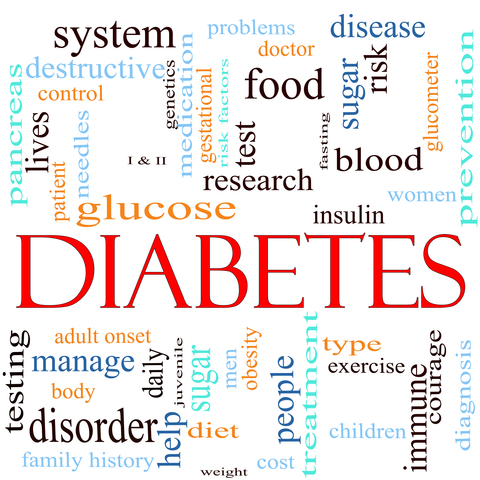Wondrous Roots Radio Notes - Michelle Llamas of Drugwatch talks about Invokana - Aug 13, 2016
CLICK ON THE DATE TO LISTEN TO OUR DISCUSSION!
SATURDAY, AUGUST 13, 2016 – Guest Michelle Llamas joins Becky to talk about a novel class of diabetes type 2 drugs and their serious risks. Michelle Llamas is a writer and researcher for Drugwatch.com. She is also the host of Drugwatch Radio and has appeared as a guest on podcasts and radio shows. Michelle has a varied background as a researcher and writer for magazines and public relations companies. She has been published in research journals and peer-reviewed publications. She graduated from the University of Central Florida with a degree in English – Technical Communication. Becky offers holistic health guidance for preventing and even reversing Type 2 Diabetes.

Michelle Llamas is a writer and researcher for Drugwatch.com. She is also the host of Drugwatch Radio and has appeared as a guest on podcasts and radio shows. Michelle has a varied background as a researcher and writer for magazines and public relations companies. She has been published in research journals and peer-reviewed publications. She graduated from the University of Central Florida with a degree in English – Technical Communication.
Today, on Wondrous Roots - Your Health From the Ground Up! - we'll be talking about type 2 diabetes and a new class of drugs being used to treat it, known as SGLT2 inhibitor drugs. Michelle will fill us in on the various health complications being seen with this class of medication, while Becky will offer drug-less strategies for preventing and even reversing Type 2 diabetes.
Invokana Lawsuits
The FDA warned about potentially fatal side effects of Invokana and other SGLT2 inhibitor drugs. Invokana lawyers filed lawsuits on behalf of people who say they these drugs injured them. SGLT2 inhibitors treat Type 2 diabetes but may trigger dangerous levels of blood acids and increase the risk of urinary tract infections. Studies also show they may increase the risk of stroke, heart attack and kidney problems that may require hospitalization.

Chocolate Consumption is Associated with a Substantial Reduction in the Risk of Cardiometabolic Disorders - BMJ. 2011 ;343:d4488. Epub 2011 Aug 26. PMID: 21875885
Cinnamon and/or Cinnamon Extract Improves Fasting Blood Sugar in Type 2 Diabetes and Prediabetes - J Med Food. 2011 Sep ;14(9):884-9. Epub 2011 Apr 11. PMID: 21480806
BETA-GLUCANS IN THE TREATMENT OF DIABETES AND ASSOCIATED CARDIOVASCULAR RISK
Regeneration of Pancreas Beta (Insulin Producing) Cells
Antidepressant Use and Elevated Risk of Type 2 Diabetes Diabetologia. 2011 Aug 3. Epub 2011 Aug 3. PMID: 21811871
Countries With Higher Availability of HFCS Have a Higher Prevalence of Type 2 Diabetes Independent of Obesity - Glob Public Health. 2012 Nov 27. Epub 2012 Nov 27. PMID: 23181629
5 Ways to Improve Insulin Sensitivity
Controlling the Dawn Phenomenon
9 Things that Improve Insulin Sensitivity: Accelerate Fat Loss and Build Muscle Faster
BECK'S PODCAST PIC!
I've talked a lot about mental health and problems with psychiatric medications - listen as our guest today, Michelle Llamas, interviews expert Dr. Alexander Bingham

Mental Health Expert Bingham Sounds Off on Drugs vs. Alternative Therapies
Nearly 1 in 5 Americans suffers from some form of mental illness — depression, bipolar disorder or schizophrenia, according to research published in a recent Newsweek. That’s about 42.5 million people, and 9.3 million have a debilitating form of the illness.
On this episode of Drugwatch Radio, Dr. Alexander Bingham of Full Spectrum Progressive Psychology in Manhattan, N.Y., shares his approach to the treatment of “psychological distress,” which is how he classifies these illnesses.
Bingham’s unconventional philosophy is that these disorders are a product of many factors that include the body and mind and they should not be treated like many other diseases, such as diabetes.







